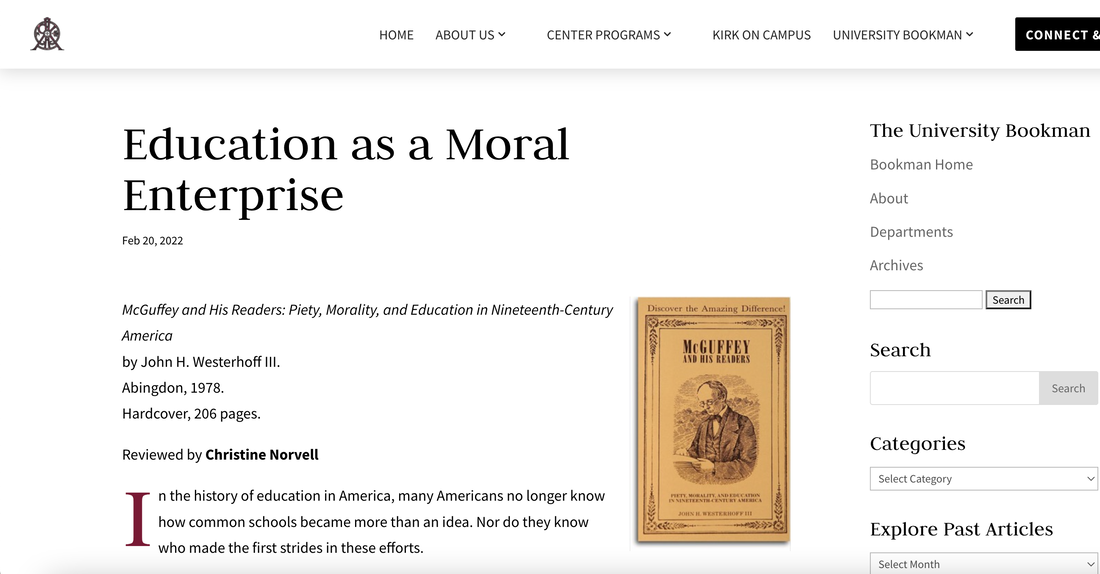|
In the history of education in America, many Americans no longer know how common schools became more than an idea. Nor do they know who made the first strides in these efforts.
Thomas Jefferson attempted to establish a decentralized public school system more than once, a plan based on localized districts within counties. In his 1778 “Bill for the More General Diffusion of Knowledge,” he stressed the need for vigilant citizens who would constantly be on guard against the ambition of rulers, especially at the state or federal levels. Jefferson wanted to educate all students as future citizens in a republic and at the same time provide expanded opportunities for men to develop into the future political leaders of Virginia. At his 1838 Lyceum Address in Springfield, Illinois, Abraham Lincoln advocated that schools should teach a reverence for our American democracy: “Let reverence for the laws be breathed by every American mother, to the lisping babe, that prattles on her lap—let it be taught in schools, in seminaries, and in colleges; let it be written in Primers, spelling books, and in Almanacs;—let it be preached from the pulpit, proclaimed in legislative halls, and enforced in courts of justice. And, in short, let it become the political religion of the nation.” Building on this idea of citizenship, William Holmes McGuffey (1800–1873) strove to openly cultivate Christian character by developing readers in the growing American West independent of British influence. The McGuffey Readers introduced students to the classics, to morality, and to good character. Seven million readers were sold before 1850 with thirty-seven states adopting them by 1890. McGuffey’s influence held for decades. In his examination of McGuffey’s life and curriculum, John H. Westerhoff weaves a biography within a fascinating history of education in the early 1800s. The idea of common schools was growing. Westerhoff’s research clearly shows how McGuffey and his original Readers made a significant impact on nineteenth-century education through the use of moral teaching, civics, story, and phonics....
0 Comments
Your comment will be posted after it is approved.
Leave a Reply. |


 RSS Feed
RSS Feed